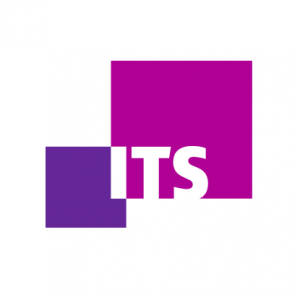Learn More about the Contributions Sent to the Senate on the AI Bill
published in
10 de June de 2024
categories
theme
The Senate is currently debating the Artificial Intelligence Bill (PL 2.338/2023), and initially, the discussion seemed participatory and transparent. However, that has changed.
The committee of jurists (CJSUBIA) that drafted the law collected around 100 contributions through events and documents and published a compilation of everything it received, demonstrating an excellent example of an open parliament.
However, the transparency diminished when the debate reached the Senate’s Temporary Internal Committee (CTIA). The CTIA accepted and solicited contributions but did not publish the received material despite public requests to do so.
ITS filed a Request for Access to Information to obtain the contributions sent to the Commission and was partially successful.
According to data from the Commission, over two thousand pages were received in the last open consultation, none of which had been published until now. As outlined in our access to information request, the publication of documents is a legal obligation and is provided for in the Senate’s Rules of Procedure.
Where do we stand now?
The Commission responded to our request and sent all the contributions they received. The material is available below and represents around 25% of the total contributions (approximately 450 pages).
The CTIA stated that not all material was sent since some were directed to the Rapporteur’s Office. Thus, 75% of the contributions have not yet been published and may require another LAI request for access.
What’s in the Available Material?
– A total of 26 contributions were sent to the Commission (though the number is higher when accounting for duplicates or references to senators’ amendments).
– It’s impossible to categorize contributions by individual or entity due to varied signatures, but we can deduce the sectors they came from through a quick search.
– Sector-wise, 50% of the contributions came from the private sector, followed by civil society (19%), individuals and government (12% each), and academia (8%).
– We are currently waiting for the remaining contributions to recalculate the profile.
What Points Were Addressed in the Contributions?
– Using the July 7th substitute version, each contribution was associated with relevant chapters or sections.
– The chapter on risks (high and prohibited) received the most mentions, with 65% of contributions addressing it.
– Other prominent topics include preliminary provisions (especially definitions, 58%), individual and group rights (46%), and governance mechanisms (42%).
– Civil liability (35%), CIS and supervision (31%), and copyright (31%) were also notable.
– All parts of the bill, except the final provision chapter, received at least one comment. The least mentioned topics were AI use by public authorities and employment.
Where Do We Go Now?
We are now collecting ideas from the contributions and incorporating them into our public consultation on AI regulation, which is open, public, transparent, and accessible via our website (https://www.oquequeremosdaia.com.br). As of now, more than two thousand people have contributed over 300 ideas.
We are also making the received files available for public consultation and would appreciate sharing other analyses of the material.
Read the reply email from the Senate.
Download HERE ALL the contributions provided through the Access to Information Act.

